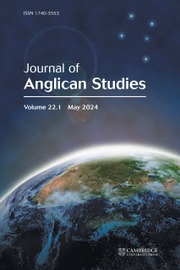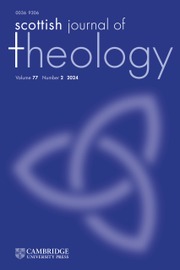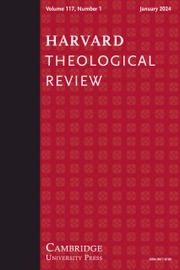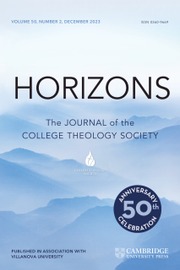Marriage by Capture in the Book of Judges
In this book, Katherine E. Southwood offers a new approach to interpreting Judges 21. Breaking away from traditional interpretations of kingship, feminism, or comparisons with Greek or Roman mythology, she explores the concepts of marriage, ethnicity, rape, and power as means of ethnic preservation and exclusion. She also exposes the many reasons why marriage by capture occurred during the post-exilic period. Judges 21 served as a warning against compromise - submission to superficial unity between the Israelites and the Benjaminites. Any such unity would result in drastic changes in the character, culture, and values of the ethnic group 'Israel'. The chapter encouraged post-exilic audiences to socially construct those categorised as 'Benjaminites' as foreigners who do not belong within the group, thereby silencing doubts about the merits of unity.
- Takes on a new approach to an ancient text by breaking away completely from traditional interpretations (focus on kingship, feminism, or comparisons with Greek and Roman mythology) to provide a compelling case for marriage by capture in Judges 21
- Highlights the importance of ethnicity and its connection to marriage during the post-exilic period to give readers a more nuanced understanding, especially in light of the fraught issues of virginity, male honor, and bride-price
- Identifies the many reasons why marriage by capture occurred, giving a spectrum of practices ranging from raiding for wives to consensual elopement
- Illustrates the power of ethnic narratives
Reviews & endorsements
'In the best tradition of radically innovative biblical interpretation, Southwood has established a framework for the discussion of the historical meaning of Judges 21 that is now the inevitable starting point for future analysis, whether or not one agrees with all the details of her particular conclusion. The members of the Society for Old Testament Study should be gratified that their new Monograph Series has been inaugurated by so substantial a work of original scholarship as this.' Philip F. Esler, Journal of Jewish Studies
Product details
May 2017Adobe eBook Reader
9781108133715
0 pages
0kg
This ISBN is for an eBook version which is distributed on our behalf by a third party.
Table of Contents
- 1. Methods, considerations, and recent approaches to Judges 21
- 2. Contextualised outline of the causes for and consequences of marriage by capture
- 3. Virginity, marriage, and rape in the Hebrew bible
- 4. Judges 21 as an example of marriage by capture in the Hebrew bible
- 5. Marriage by capture within an ethnic narrative: Judges 21 as a social critique of superficial unity in the Persian period
- 6. Conclusions.







